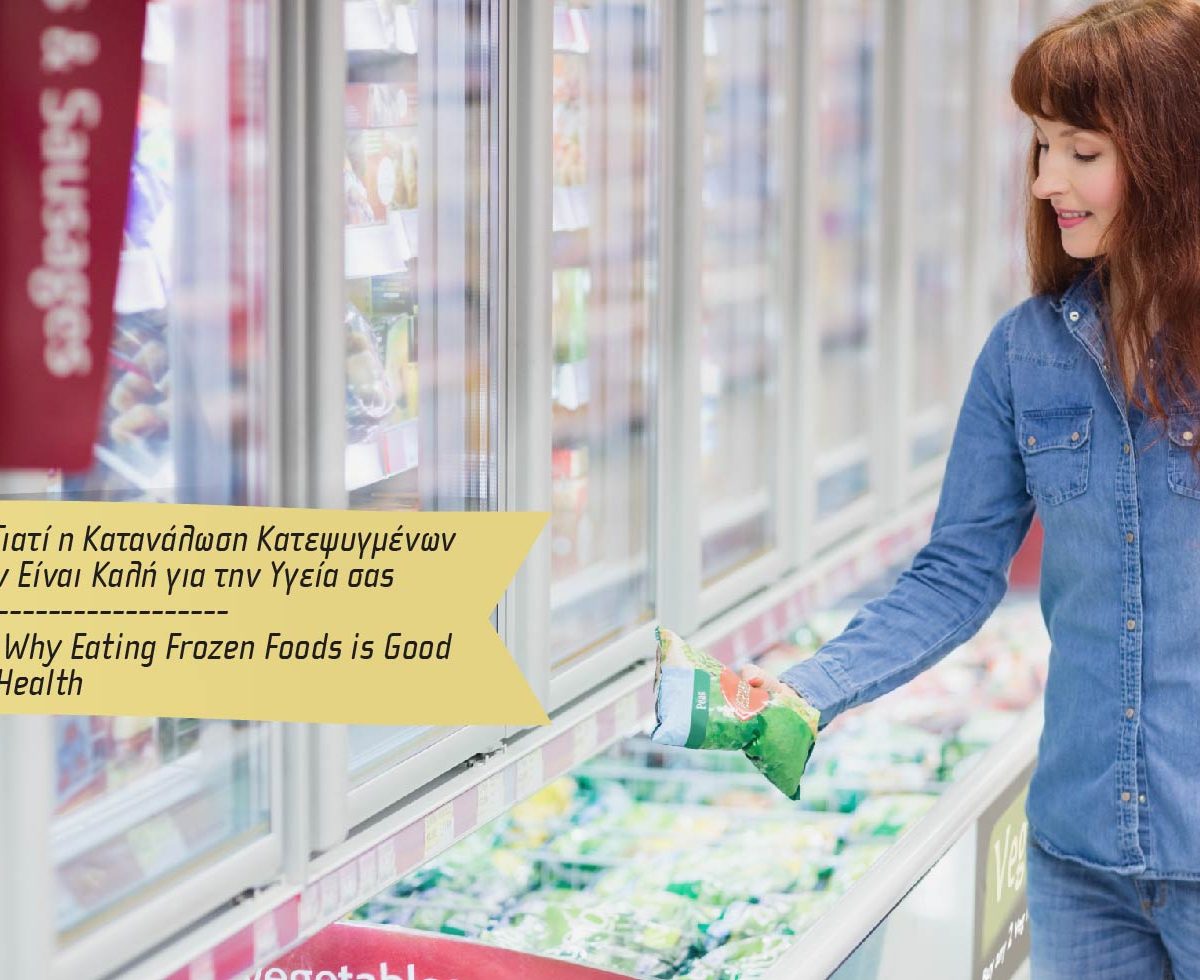
Frozen foods have not always had the best reputation. For the most part, this was because of the idea that frozen meals are always highly processed and lack any nutritional value. However, slushy, lifeless, frozen TV dinners are a thing of the past. Today, we’re talking about how and why frozen foods can be a viable health option, making it easier for us to eat better, healthier meals.
So, are frozen foods actually healthy? We are about to let you in on the secrets of exactly how and why they really are.
WHY
Frozen foods can contain more nutrients: Frozen fruit and veg are usually picked at the peak of their ripeness when they are the most nutritious. They are then immediately flash-frozen, retaining all of those delicious vitamins and nutrients for when you’re ready to eat. This often makes them healthier and more nutrient dense than fresh produce, which is often picked before it is ripe and loses nutrients in transit by the time it reaches your shopping trolley.
Frozen food stays fresh: The fruit and veg we buy at the supermarket will lose some of its nutritional value over time, as it sits in your kitchen. So, if you aren’t going to eat the produce you buy straight away, freezing it (or purchasing frozen alternatives) is a healthier option. The freezing process for fruit and vegetables, as well as many meats and fish, is so quick that it locks in the freshness, meaning your food is still at peak freshness by the time you eat it.
Frozen food can contain less preservatives: A lot of other processed foods come hand-in-hand with high levels of unhealthy preservatives. These preservatives help the food to keep for longer, however they can also be seriously harmful for our health. Think copious amounts of sugar and salt added just to keep the food from going bad. On the upside, the freezing process is a form of food preservation in itself, meaning that much of your frozen food does not need the nasty stuff.
Frozen food makes it easier to consume more fruit and veg: We’ve all heard the ‘5-A-Day’ recommendation when it comes to eating fruit and vegetables. However, it’s not always easy to incorporate fresh produce into our daily meals. Frozen produce is a quick, easy, convenient and cost-effective way to always have fresh, nutrient dense ingredients in the kitchen, and get that five a day, every day.
HOW
- Look for the plain frozen foods that don’t come with added sauces, preservatives or flavourings. Look for simple frozen fruits and vegetables.
- Many frozen foods contain very high levels of unhealthy sodium or sugar, so keep an eye on the frozen food labels before you buy.
- The same applies for fish, poultry and meat, which are much healthier when frozen on their own than when they come with extra breadcrumbs, batter or fillings.
- It’s better not to defrost and then refreeze your food, so put produce in the freezer as soon as you get home and only defrost what you need for each meal.
- Before you buy, make sure you can feel the individual frozen fruits and vegetables in their packaging. If it feels like a block, the food inside has likely thawed and then been refrozen, loosing nutrients in the process.
- Always make sure your frozen foods are properly stored in bags or containers, or wrapped in freezer-proof paper.
- If you’re freezing at home, it’s always good to prepare the food for optimum freshness. That means blanching the fresh veg (by putting them in boiling water for 1-2 minutes, then dunking them in ice water) and peeling the fruit.
At the end of the day, it’s not the freezing process that makes the food healthy, it’s the nutritional content of the food itself that is important – so freezing peas, spinach or blueberries will always be healthier than frozen pizza or ice-cream. Head down to Prinos today and grab your frozen goods for the week ahead.
Find your nearest Prinos shop in Nicosia and Larnaca.
Don’t forget that you can always put your order online at shop.prinos.eu.
Follow us on Facebook and Instagram.













